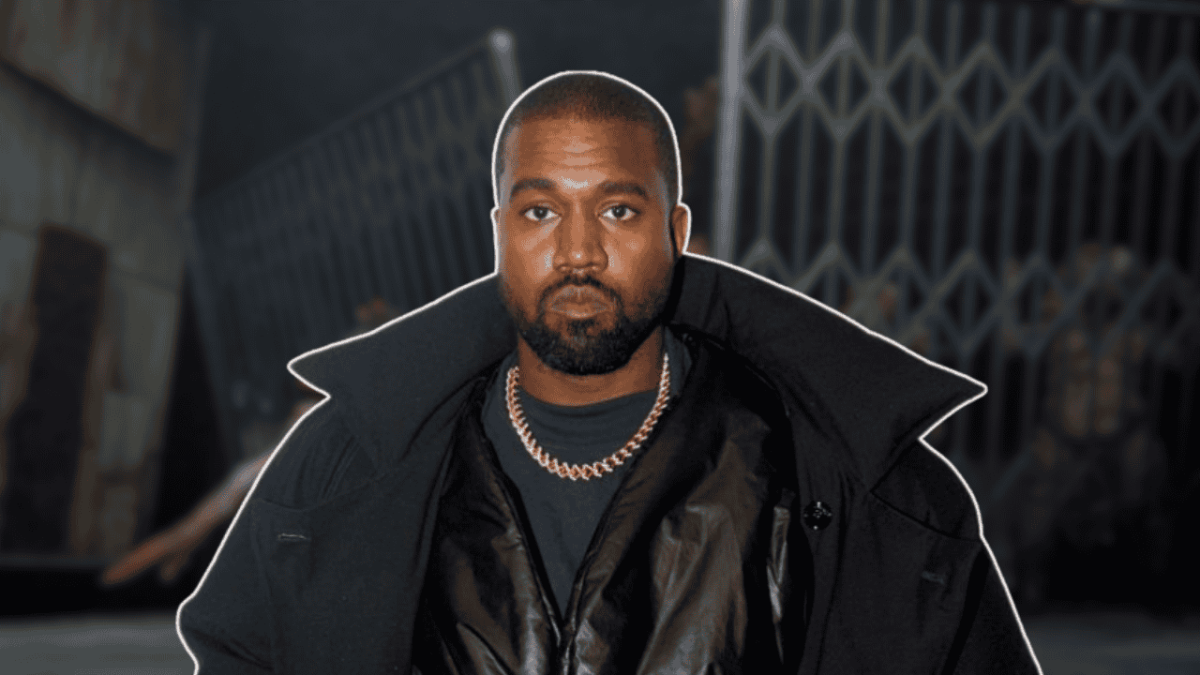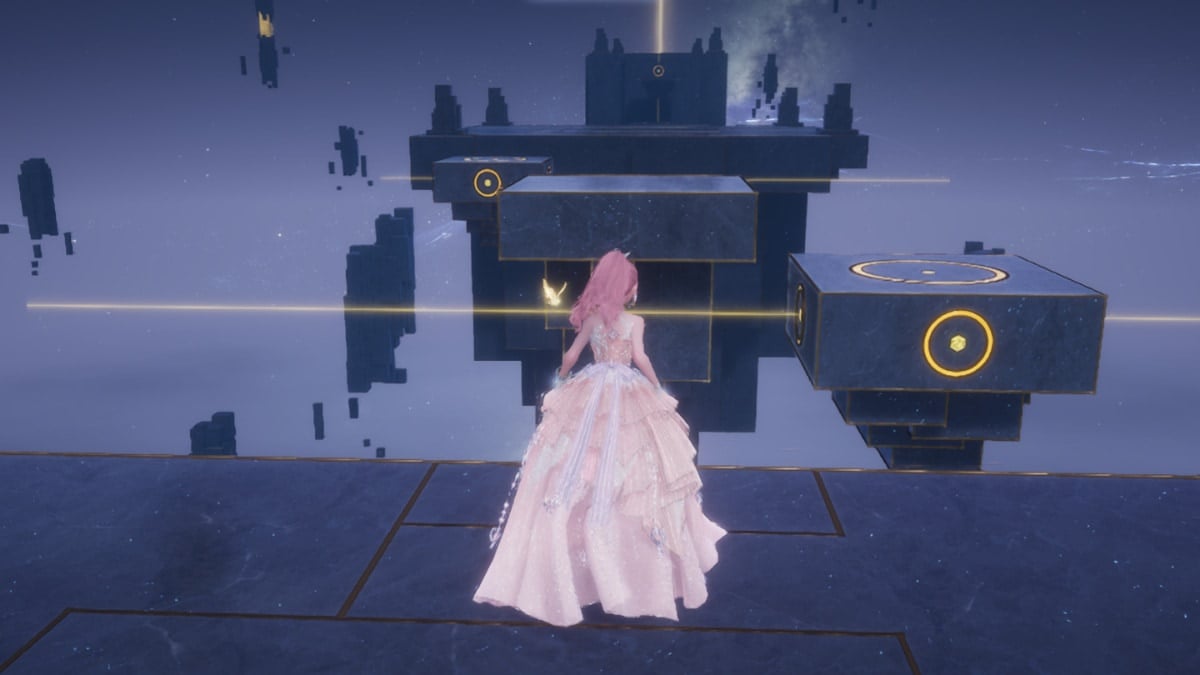In terms of esports game developers and publishers, it doesn’t get much bigger than Activision Blizzard—just think StarCraft, Hearthstone, and Call of Duty. With its new new esports division, the company is taking a serious look at the future of the industry and what it will mean for the company and its gaming titles.
The division, announced on Oct. 22, brings in the former CEO of ESPN, Steve Bornstein, to serve as the chairman, and the co-founder of Major League Gaming (MLG), Mike Sepso, as the senior vice president.
But the statement, which says the division will create “all-new ways to deliver the best-in-class fan experience across games, platforms and geographies, furthering the development of its world-leading esports ecosystem,” is rather vague and leaves a number of questions unanswered. What exactly is this division? Is it taking over esports for the whole of Activision Blizzard? Is it making changes to the way esports is run for any of its games?
Sepso serves as the day-to-day operator of the division, so the Daily Dot sat down with him during Blizzcon 2015 to discuss the plans for the new division, how it will shape the future of esports, and whether StarCraft esports is dead.
Mike what will you be taking care of on the esports team?
Mike Sepso: We haven’t really gone public with much strategy at this point. There are esports teams within the different business units [Blizzard Entertainment and Activision publishing] and those groups will continue to drive the day-to-day in terms of league structures, tournaments, all that kind of stuff.
What Steve and I are doing is developing a strategy for how do we amplify all of that, how do we make it more mainstream, how do we take best practices from traditional sports and try to inform what’s going on. Not just inside of Activision Blizzard but really for the whole esports ecosystem.
Will Kim Phan and the Blizzard Entertainment esports team be under you or reporting to you?
MS: Nope they’re still part of Blizzard, we’re a whole different division. The people that are running the game specific things, they will continue doing that. We couldn’t take on all of that, there’s no way. It’s so much that they’re already doing and frankly no one knows those communities better than those people that have been doing it.
I think what we’re here to do is think more broadly of esports as a media business and bring in ideas from the traditional sports world. The combination of Steve [Bornstein] and I is meant to say ‘here’s a very very traditional sports guy, sports media guy, I’ve got a background in building new media networks around esports, building the leagues and things like that, how do we kind of combine all of that experience and bring it to our internal teams and then externally to the rest of the industry?’
Will you be working with Major League Gaming at all on the Call Of Duty pro league?
MS: I don’t think we’ve announced anything yet.
For Call Of Duty in particular does having a new edition of the game every year affect it as an esport?
MS: I think it’s one of the important characteristics of the franchise, it’s probably—in terms of video game franchises—I would say it’s the most innovative that’s ever been. It’s kind of three of the best development studios in the world making an amazing franchise year after year.
The fan base wants a lot of innovation, so that can be in a way counter to what esports is. If something works for esports in one version of the game usually it makes it to the next one. So I think it’s an evolution towards that. I don’t think they’ve decided one way or the other of how they’re going to do it, it’ll continue to evolve.
But I do also think it’s one of the interesting aspects of Call Of Duty as an esport game is that it’s not exactly the same, you have to adapt. Over the past three years the games have been pretty different and generally speaking the same top pro players have stayed on top, so even though it changes those guys are pretty adaptable and to me that’s one of the exciting parts of watching each season of Call Of Duty esports is that they get significantly better over the course of the year.
 The Hearthstone World Championship stage at Blizzcon Blizzard
The Hearthstone World Championship stage at Blizzcon Blizzard
Do you feel pressured at all by the success of Counter-Strike:Global Offensive and the migration of players to it?
MS: Not necessarily. I think Counter-Strike has been around forever. It’s a really really old game and what I think people are seeing and thinking is that there are a bunch of new fans for Counter-Strike esports, it’s actually just a bunch of people who were sort of dormant for a long time and have been fans of it. But there hasn’t been anything going on in that game for years, and now all of a sudden there is so they’re excited.
So I think that’s amplifying the impact of it. But it’s very early in the evolution of esports in general, I’m much less worried about video game to video game competition in esports, I’m thinking ‘how do I get the NFL and the NBA’s fan base.’
How do you counter that very ingrained view of most people that esports isn’t sports?
MS: I think you present it as sports. One of the ways that the whole esport ecosystem needs to evolve is to do one of the things that we’re planning, which is not just to be insular. Turning competitive gaming into a spectator sport is a big innovation, it’s a lot to do.
We also don’t have to create sports—sports has been around for a long time. There are very successful models for league structures, how talent is managed, business models, there’s a bunch of stuff that we can borrow, we don’t have to create everything.
How do you appeal to people who are traditional sports fans and not esports fans? A lot may be gamers, so they’re familiar with the games and they’re big sports fans, but they’re not necessarily esports fans. So part of it is just how the content is packaged.
I think Steve literally created a lot of the ways that we now think of as everyday consumption of sports content. Things like SportsCenter: That changed the way sports news was delivered and a lot of people who were fans of one particular sport became wider sports fans because of what SportsCenter did. You’re sitting there waiting for your favorite NFL team’s highlights and you just saw basketball and hockey and some other stuff and all of a sudden you’re like ‘hey, those are interesting to watch too.’ So to me it’s the same thing. Whether I’m watching a basketball game, or a football game or a game of Call Of Duty, you’re watching competition. You’re watching teams or individuals compete against each other on a level playing field and you’re watching people that are the best at what they do, and that’s interesting.
A lot of it is just re-thinking the packaging of the content itself, how it’s presented and then making it more accessible. This is one of the best esports things in the world every year, Blizzcon, but there aren’t a lot of people who are necessarily following the whole road to Blizzcon and watching hours and hours of great content. They might be interested in a highlights reel, so there’s things I think we can do to help engage a much wider audience and I really plan to start with the crossover of traditional sports fans who are also gamers.
One of the biggest issues in esports is player contracts and the fact that there isn’t really support or a structure for teams. What do you have to say about that and how can publishers help?
MS: That’s certainly one of the major tenets of our strategy, which we’re not disclosing yet. What we have to do is get people with a ton of experience in traditional sports, people like Steve for instance, and Steve’s network of contacts includes every commissioner of every major sport and their offices and stuff like that, and say ‘hey, are there existing models that we could use that would apply here and be additive and help?’ Because I think one of the major problems is just the fragmentation of esports.
Not only does it make it difficult for the people in esports to operate but it also makes it hard for people like me and Steve to explain it to people who are not already fans of esports. So that’s part of reaching a bigger audience, helping de-fragmentize and bring some maturity and focus and structure to the whole industry.
How do you think StarCraft esports is going to be going forward. Do you think it is dying off at all?
MS: To me StarCraft is like baseball. It’s something that existed before I was a fan of esports and just like baseball—baseball has been around for over 100 years—I would say StarCraft will probably be around for another 100 years.






Published: Nov 10, 2015 01:15 pm